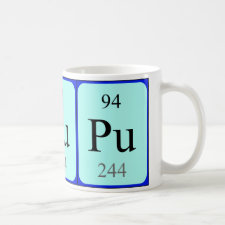
Authors: Xu XJ, Zhu LL, Chen LR
Article Title: Separation and screening of compounds of biological origin using molecularly imprinted polymers.
Publication date: 2004
Journal: Journal of Chromatography B-Analytical Technologies in the Biomedical and Life Sciences
Volume: 804
Issue: (1)
Page numbers: 61-69.
DOI: 10.1016/j.jchromb.2004.02.012
Abstract: Molecularly imprinted polymers (MIPs) represent a new class of materials possessing high selectivity and affinity for the target molecule. Since their discovery in 1972, molecularly imprinted polymers have attracted considerable interest from bio- and chemical laboratories to pharmaceutical institutes. They have been utilized as sensors, catalysts, sorbents for solid-phase extraction, stationary phase for liquid chromatography, mimics of enzymes, receptors and antibodies. Among which, the application of molecularly imprinted polymers for molecular recognition-based separation and screening of compounds has undergone rapid extension and received much attention in recent years. This article mainly focuses on the separation and screening of certain pharmacophoric compounds of interests from biological origin using molecular imprinting technology. Examples of extraction and recognition of active components as anti-tumors or anti-Hepatitis C virus inhibitors from Chinese traditional herbs using molecularly imprinting technology are particularized in this article. Comparison between the screening effect based on MIPs and that based on antibodies is also represented. Consequently the merits and demerits of these two technologies are highlighted. (C) 2004 Elsevier B.V. All rights reserved



Join the Society for Molecular Imprinting

New items RSS feed
Sign-up for e-mail updates:
Choose between receiving an occasional newsletter or more frequent e-mail alerts.
Click here to go to the sign-up page.
Is your name elemental or peptidic? Enter your name and find out by clicking either of the buttons below!
Other products you may like:
 MIPdatabase
MIPdatabase









